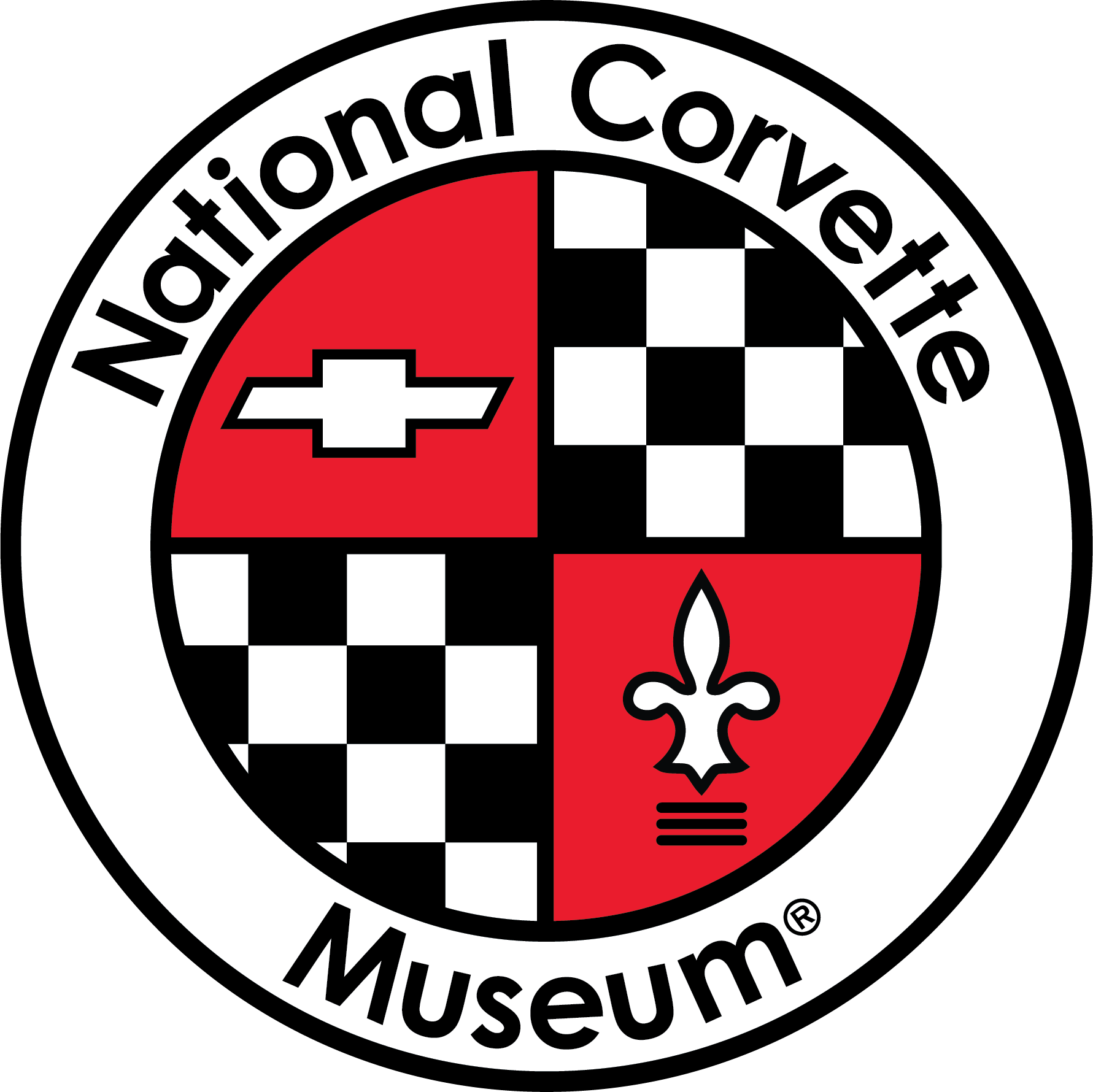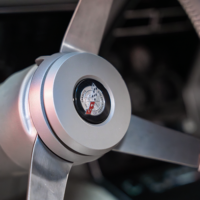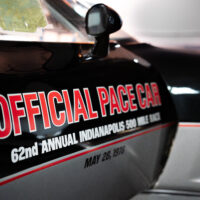In 1978, Corvette’s 25th anniversary, America’s Sports Car paced the Indianapolis 500 field for the first time. To celebrate Corvette’s premier at the Brickyard, General Motors designed a limited-edition pace car replica for public sale. Just like the original pace car, the replica sported a two-toned black and silver paint scheme with a red pinstripe dividing the two colors. It also came with special front and rear spoilers, removable roof panels, and a set of racing decals that owners could apply themselves. These decals included the stylized “Official Pace Car” text, coupled with the name and date of the race, that appeared on the original.
Demand to own a pace car replica was high. GM offered it as a Regular Production Option for the Corvette, intending to make only 300 in honor of Corvette’s first year of production. However, thinking that the pace car replicas could become a promotional windfall, GM decided to build enough so that every Chevrolet dealership could display one. This bumped the final number of replica pace cars up to 6,502. They became collectors’ items almost instantly.
The pace car replica in the National Corvette Museum’s collection has its own unique history. This car was once owned by baseball legend Reggie Jackson. During his 21-year career playing Right field in Major League Baseball (MLB), Jackson won the World Series five times, hit 563 home runs, and was named to 14 All-Star teams. He was also known for being a clutch performer in the playoffs, earning the nickname “Mr. October” for his postseason success.
As Corvette celebrated a milestone anniversary in 1978, Jackson had a big year of his own. In his second season with the New York Yankees, Jackson’s play helped to rally the team late in the season to win a third straight American League pennant. Advancing to the World Series, the Yankees lost their first two games against the LA Dodgers, but momentum shifted when the series moved to New York. The Yankees triumphed in the next three games before returning to LA, where Jackson’s seventh-inning home run capped off a 7-2 win. It would be the fifth and final World Series victory of Jackson’s hall of fame career.










